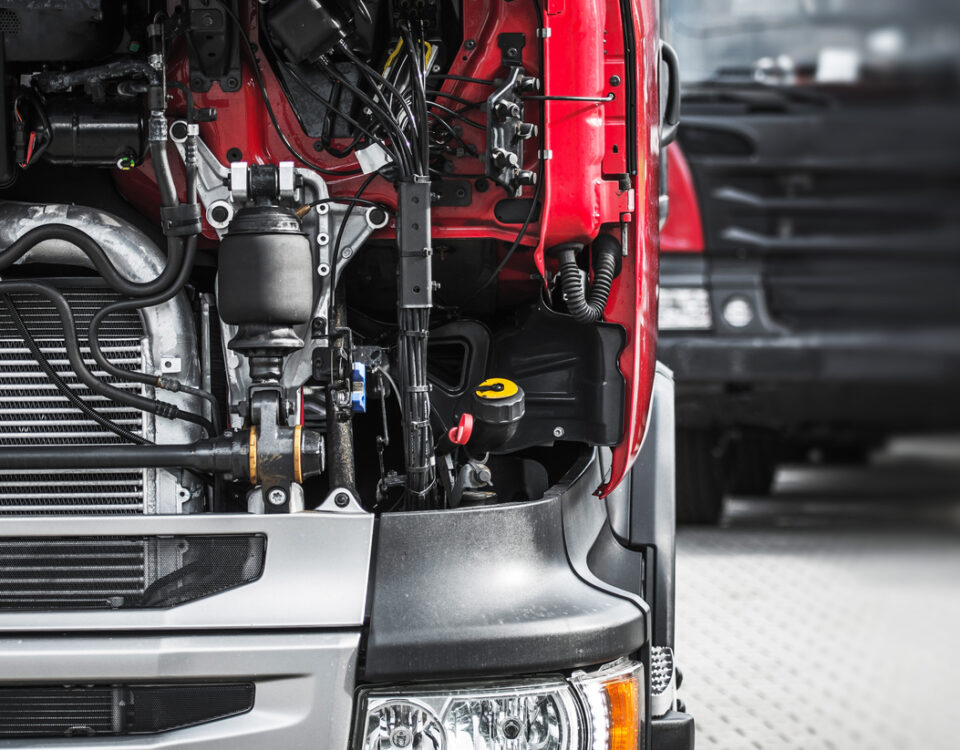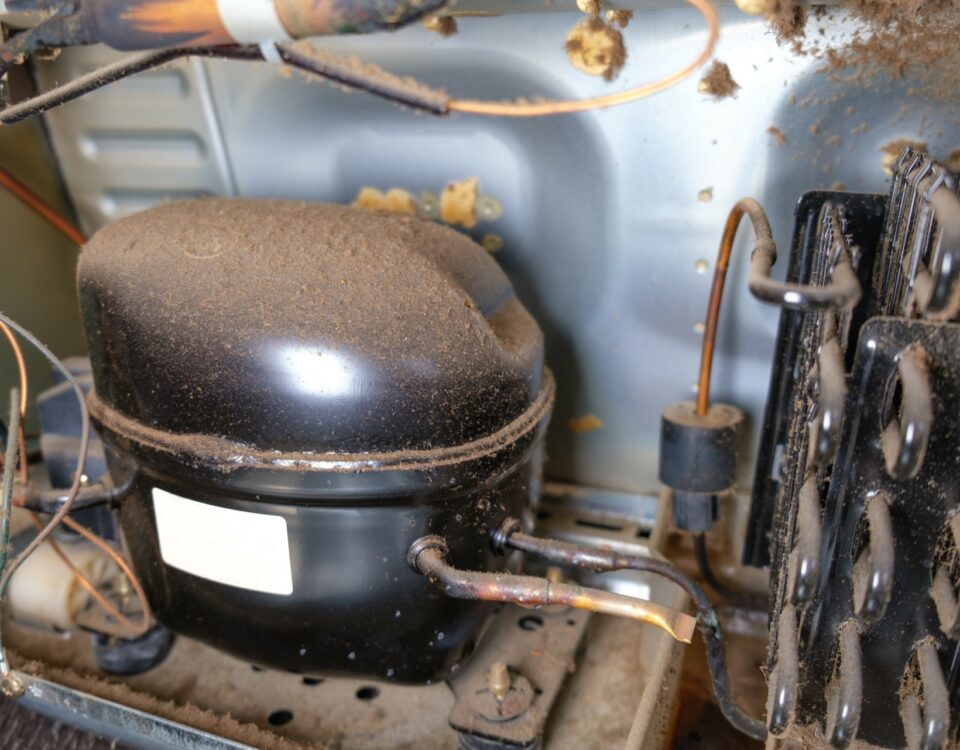10 Reasons – Why DPF Cleaning Services Are Important
If you drive a diesel car, you may be familiar with DPF Cleaning, or diesel particulate filters. DPFs are designed to trap harmful soot particles from the exhaust, but they can become clogged over time. This can lead to a number of problems, including decreased fuel efficiency, increased emissions, and even engine damage.
It is important to have your DPF cleaned regularly to prevent these problems. There are a number of different ways to clean a DPF, including chemical cleaning, ultrasonic cleaning, and hydro-cleaning. The best method for cleaning your DPF will depend on the severity of the clogging.
Having your DPF cleaned regularly is a wise investment for any diesel car owner. It will help to keep your car running smoothly and efficiently, and it will reduce your emissions.
A Diesel Particulate Filter Is What?
You may have thought, “What is DPF?” if you have had any exposure to the diesel industry. A diesel particulate filter, often known as a DPF, is an exhaust after-treatment tool that collects small particles like soot and ash. A ceramic substrate that has been shaped into a honeycomb structure is usually used in a DPF. Diesel particulate filters, which cut emissions from diesel vehicles, collect and store exhaust soot, which has to be periodically burnt off to replenish the filter. The procedure of regeneration eliminates extra soot that has built up in the filter, preventing dangerous exhaust emissions and the black smoke that diesel-powered cars frequently release whenever accelerating. Engine producers employ DPFs to capture particulates to adhere to EPA emission rules from 2007.
Working of Diesel Particulate Filter
DPF is used to lessen particulate matter (PM) emissions from diesel engines. It is an essential component of the exhaust system in contemporary diesel vehicles and functions by capturing and eliminating particulates of soot produced throughout combustion. A DPF operates using a combination of both physical and chemical filtration techniques. The essential stages are as follows:
Filtration:
The DPF’s porous walls collect and hold the minute soot particles that are present in the exhaust stream as exhaust gases travel through the filter. The DPF generally comprises a honeycomb-like arrangement with many tiny channels or pores made of ceramic or metallic materials.
Accumulation:
The soot cake is a coating that develops inside the filter walls as a result of the confined soot particles as time passes. The rate of flow of exhaust gases via the filter steadily decreases as soot particles build up.
- Regeneration: The soot particles caught in the DPF must be regularly burnt off or regenerated to avoid clogging and reliability concerns. Regeneration might take place in this procedure either passively or actively.
- Passive regeneration: Whenever exhaust gas temperatures are sufficiently elevated to oxidize the soot particles contained in the exhaust, passive rejuvenation happens spontaneously throughout routine driving procedures. Whenever the engine is working hard or when traveling on the highway, this temperature is typically reached.
Ash Removal:
DPFs can collect inorganic ash, including metal compounds originating from motor oil additives or fuel contaminants, along with soot particles. Ash cannot be burnt off throughout regeneration like soot does; therefore it continues to build up over time. As a result, DPFs need to be serviced or undergo regular upkeep to remove the ash that has accumulated.
How to Maintain a Diesel Particulate Filter
To guarantee that a DPF keeps functioning properly, it needs to be emptied frequently. This doesn’t need to be done because it happens naturally as part of a procedure known as “regeneration” when the temperature of your exhaust exceeds a certain level (often when you travel on quicker roads for a prolonged amount of time, such as highways). The soot that the DPF has accumulated is going to be burned out during this procedure, leaving just ash. However, for a lot of vehicles, a DPF ought to keep functioning for at least 100,000 miles before it needs repair. This ash won’t be cleaned. Some cars incorporate sensors that identify whenever a DPF is being blocked because it has been discovered that numerous vehicles don’t typically meet the parameters for this regeneration to occur. Upon detection, the software will boost fuel injection into the engine’s combustion process, which raises exhaust temperatures and ultimately starts “active regeneration.”
Role of DPF Cleaning Services on MOT
By local laws and standards, the function of diesel particulate filter (DPF) service providers for the Ministry of Transport (MOT) test may shift. Nevertheless, in general, the DPF’s condition and performance play a significant role in the MOT test for diesel vehicles.
Emission Guidelines:
To maintain adherence to established emission requirements, MOT examinations frequently involve checks on exhaust emissions. A car may fail the MOT test as a result of excessive particle emissions caused by a clogged or dysfunctional DPF. To satisfy emission requirements, keeping an immaculate and functional DPF is crucial.
DPF Functionality:
The DPF system is frequently examined for indications of tampering, harm, or dysfunction during the MOT test. A DPF that has been removed, altered, or is not functioning properly may cause the MOT to fail. DPF cleaning services may help in restoring the filter’s normal operation and raise the likelihood that the vehicle will complete the MOT test.
Smoke Opacity Test:
A smoke opacity analysis is a component of several MOT inspections, and it gauges the quantity of exhaust-related smoke that is being produced. Minimise smoke emissions and increase your chances of clearing this test with a clean, well-maintained DPF. To achieve greater smoke opacity, DPF cleaning services may help eliminate soot and particulate accumulation.
Maintenance and Longevity:
Performing routine DPF cleaning and maintenance may assist with the filter last longer and functioning more effectively. DPF cleaning services may help avoid early filter failure as well as a requirement for pricey replacements by eliminating accumulated soot and ash. A well-maintained DPF is more probable to function at its best both during and after the MOT test.
Cost of DPF Cleaning Services
Several variables, including location, service provider, kind of car, and the degree of cleaning needed, might affect the price of Diesel Particulate Filter (DPF) cleaning services. DPF cleaning products might cost anywhere from 160 GBP to 480 GBP or higher in general.
It’s vital to remember that these numbers are approximations and subject to wide variation. The intricacy of the DPF system, the technique of cleaning that is utilized, any extra maintenance or repairs which are required, and the state of the local economy may all have an impact on the price. In comparison with smaller passenger cars, cleaning expenses for commercial vehicles or heavy machines with larger DPF installations may often be greater.
Why DPF Plays an Important Role
1. Fuel efficiency
The DPF, which is a component of your engine’s exhaust system, causes back pressure in the motor regardless of whether it is just partially blocked. Your fuel economy is impacted by this.
2. Performance
Your motor runs more smoothly when the DPF is cleaned frequently. In reality, your engine’s performance diminishes if the filter isn’t operating at full capacity.
3. Avoid Replacement
Diesel particle filters may be destroyed if they are not washed at regular intervals and are costly. It becomes incredibly expensive to replace them whenever they are broken.
4. Amplify Resale Value
Maintaining complete and precise documentation of your truck maintenance is crucial. You’ll get extra for your truck whenever you trade it in if it has a solid maintenance history, such as DPF cleaning whenever necessary.
5. At Some Point, Every Filter Clogs
Ash progressively accumulates because the DPF burns off hydrocarbons and exhaust particles when the system is operating well. By removing these ashes, DPF maintenance enables the filter to function as effectively as possible.
6. Driving while swerving
You’ll have to get the DPF cleaned more frequently if you drive your truck a lot in the city or perform a lot of shipments. Stop-and-go driving increases the number of exhaust particles which renders the filtering and regeneration procedures more difficult.
7. Motor Warranty
Your engine’s manufacturer warranty may be voided if you don’t maintain it properly.
8. Increasing DPF Lifespan:
On occasion cleaning clears the DPF of collected soot and ash, avoiding an overabundance that could cause filter degradation or failure. It makes the DPF last longer and prevents expensive replacements.
9. Regarding Emission Standards:
Services for DPF cleaning aid in ensuring adherence to tight emission laws. To decrease particulate emissions and enable the car to comply with environmental regulations, a properly working and clean DPF is essential.
10. Keeping DPF Replacement at Bay:
Premature DPF replacements, which tend to be expensive, are preventable with proper cleaning and care. The requirement for pricey replacements is decreased by routine cleaning, which maintains the DPF in good shape.
Conclusion
DPF cleaning offerings are necessary to keep diesel cars operating effectively and in line with regulations. These assure optimum engine efficiency, increase the DPF’s lifespan, and assist prevent problems while lowering hazardous emissions.


